A common misconception about "undecided voters" is that they predominantly consist of people waiting to make a last-minute, impulsive decision between the two major party candidates, in this year's election former President Donald Trump and Vice President Kamala Harris. Some such voters do exist—despite what you might gather from internet comment sections. Yet the modal "undecided" voter, at least based on my recent conversations across Pennsylvania, is more likely to be someone deciding between voting and not voting at all.
"My thing is, if I vote, does it change anything?" said Sergio Martinez, an Amazon warehouse worker in Bethlehem, PA. "Does it make a difference? 'Cause they gonna do what they want to do no matter what." If prodded, Martinez comes across as an eminently persuadable voter for Trump; he said Harris "seems like she's always lying," and reported positive recollections of the economy during Trump's first term. But even with a negative attitude toward Harris and a somewhat favorable attitude toward Trump, he was doubtful that voting was worth his time.
Martinez is representative of a large and untapped pool of potential GOP voters who say they'd prefer Trump, but lack sufficient motivation to go out and actually vote for him.
"I don't believe in the system at all," said Jesse, a 25-year old hotel worker from Phoenixville, PA. "If I didn't understand that the process of voting is kind of useless and I was plugged in, I would choose Trump, probably," he said. "The media atmosphere is primarily liberal and it's really annoying."
Jesse, who declined to provide his last name, may well be the prototypical "low propensity" voter that a competent Republican machine would be working overtime to turn out right now: young, male, fed up with monocultural liberal mores, and seeking an alternative. But instead, Jesse says he is unlikely to vote this week.
"I didn't have any problems when Trump was in—I thought he was fine before, but I don't really know who's doing what this year. I just don't keep up with it," Farah Washington, of Norristown, PA, told me as she was shopping with her nine-year-old son at Walmart. "If I had to pick one, I would go back with Trump." As for Kamala Harris, Washington said, "She just seems funny to me"—especially how Harris acquired the position she's now in. But Washington says she probably won't end up voting. She is yet another would-be Trump voter who has evidently slipped through the cracks.
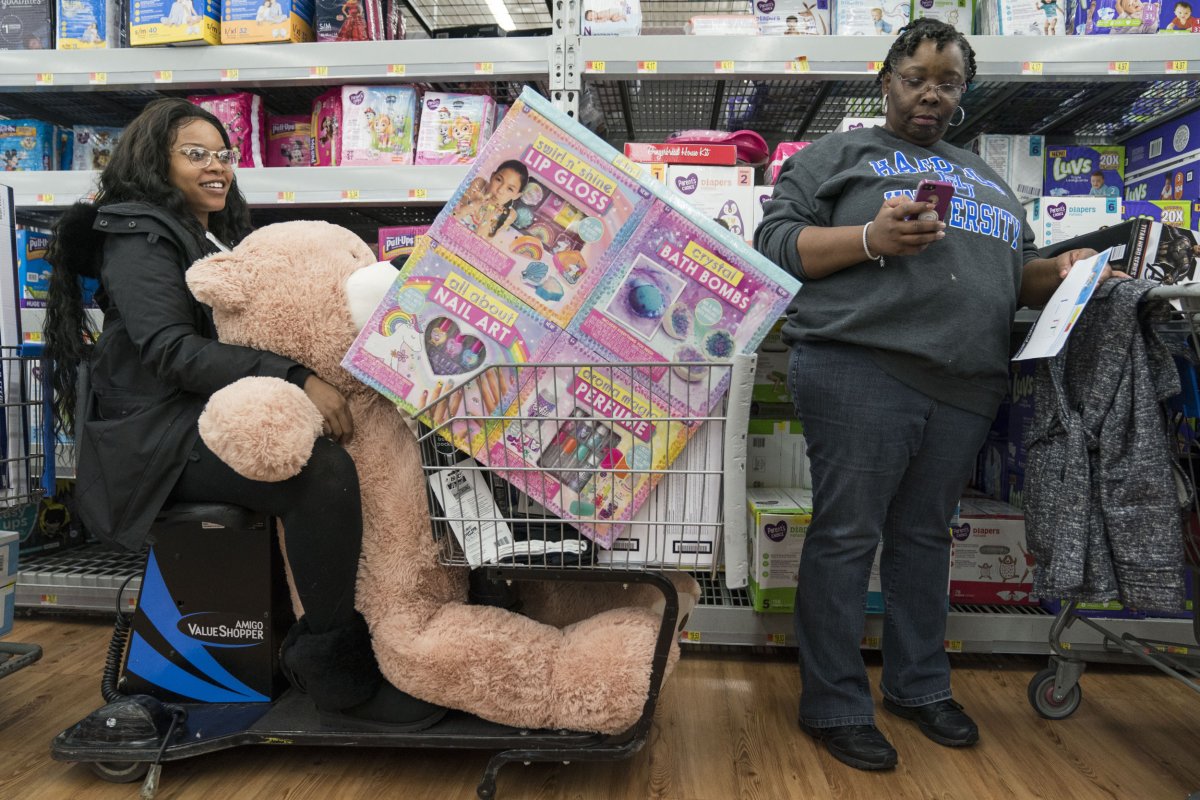
At the King of Prussia mall, I spoke to Raheem Moody, who reported previously voting for Barack Obama and Hillary Clinton. But this time, he doesn't plan to vote at all. "I really, honestly don't see any substantive difference no matter who's in office, for myself particularly, or my community," Moody said, though if he had to choose, he would go with Trump. "I do think a lot of the things that they're saying in media right now are simply scare tactics."
A related but distinct type of undecided voter is those who are so fed up with the endless barrage of political ads that they're simply trying to block out the noise. At a sandwich shop Nazareth, PA, a worker relayed to me her exasperation with the absurd quantity of mailers and advertisements she's been swamped by on a daily basis, which have led her to become alienated from the prospect of even making a decision of whether to vote. She just doesn't want to think about it.
Harris's closing message certainly has not been geared toward appealing to this particular demographic. A recent Gallup poll says 71 percent of Americans are "dissatisfied with the way things are going in the United States at this time." As this would clearly seem to spell trouble for the incumbent party, Harris has largely tried to change the subject, such as by parading around with Liz Cheney in an effort to drum up support from highly-engaged, news-attentive Republican voters repelled by Trump.
But neither has Trump managed to seal the deal with a noticeably broad base of potential voters who express some sympathy for him, but have not yet been provided with an adequate reason to think that voting would advance their interests, or even matter all that much. Less frequently observed, at least in my anecdotal observations, are would-be Kamala Harris voters requiring that extra push—largely because their antipathy to Trump is already such a decisive motivational driver.
Near ubiquitous, however, is consternation about the election process as a whole, with Pennsylvania being Ground Zero for an unyielding torrent of partisan propaganda.
It's something you hear from canvassers who fanned across the state this weekend to drum up support for their candidates. Many reported encountering hostility on the doorstep—not necessarily toward one or the other candidate, but with the constant meddlesome "outreach." Flip on network television in Pennsylvania right now, and you're treated to as many as five consecutive political advertisements; apparently no other commercial products are to be advertised in the final days before an election, aside from billionaire-funded partisan browbeating.
These "undecided" voters aren't crazy or dumb or even necessarily apathetic about political affairs. Instead, they are rationally disengaged from both parties, fundamentally skeptical of both candidates, and dubious about the election process in general. This notwithstanding the furious drumbeat of hectoring that implores them to vote, as though it were some sort of sacrosanct moral duty. A large cross-section of voters, especially from lower-middle-class backgrounds, simply do not see voting as a grandiose metaphysical imperative; they view it more as a nuisance and an indignity, something they may or may not get around to begrudgingly doing.
Michael Tracey is an independent reporter with Substack. Find him at www.mtracey.net. Follow him on Twitter @mtracey.
The views expressed in this article are the writer's own.
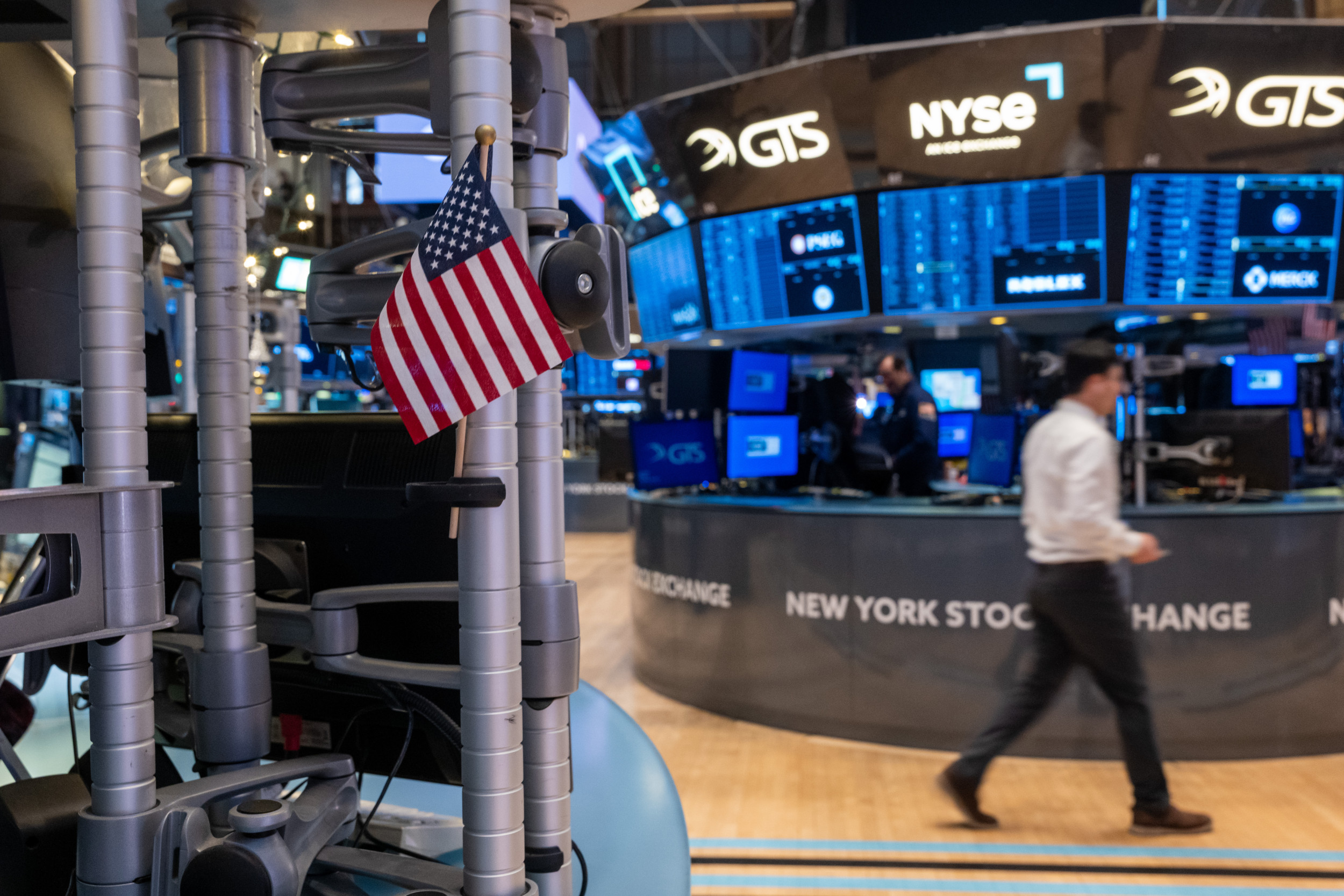
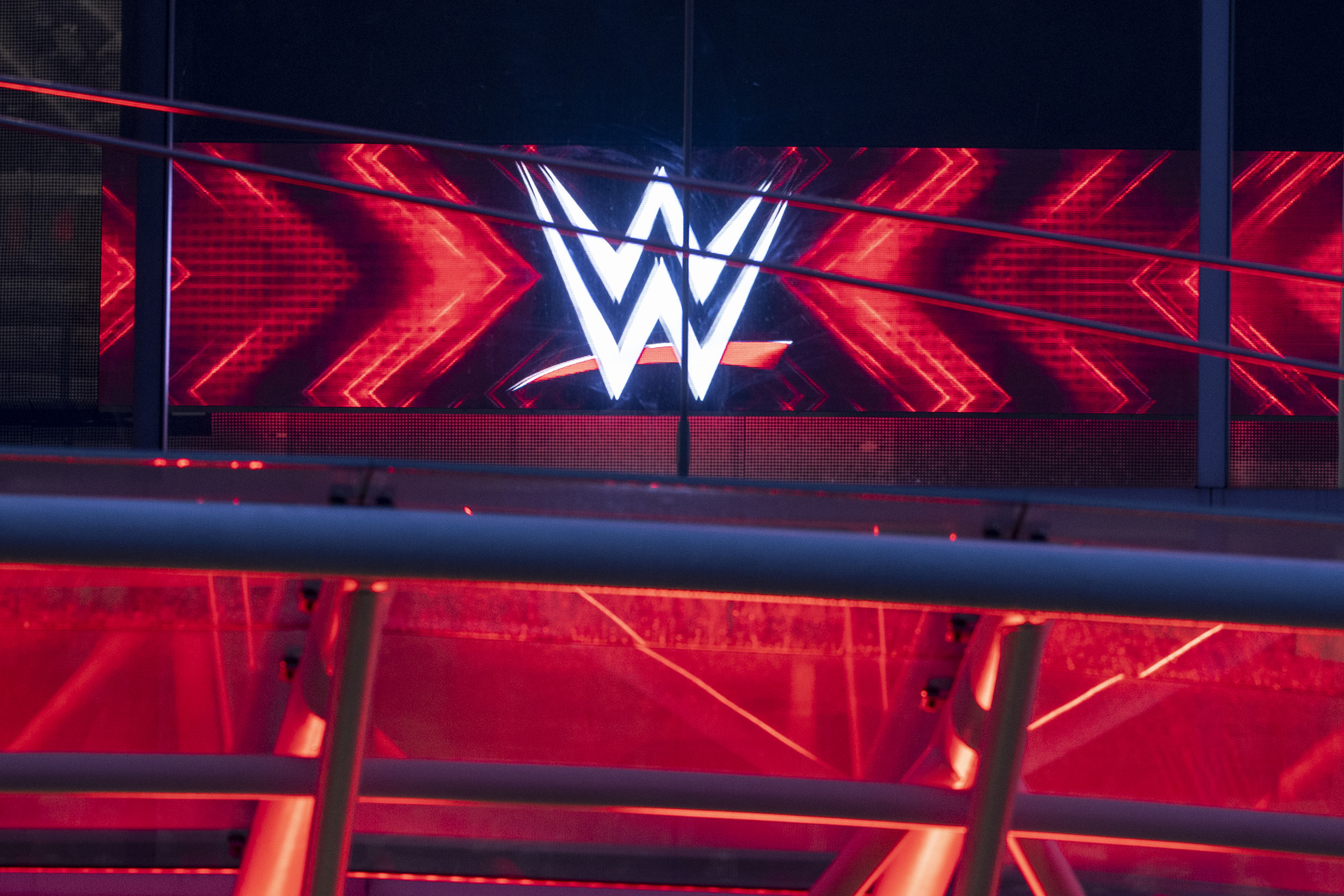





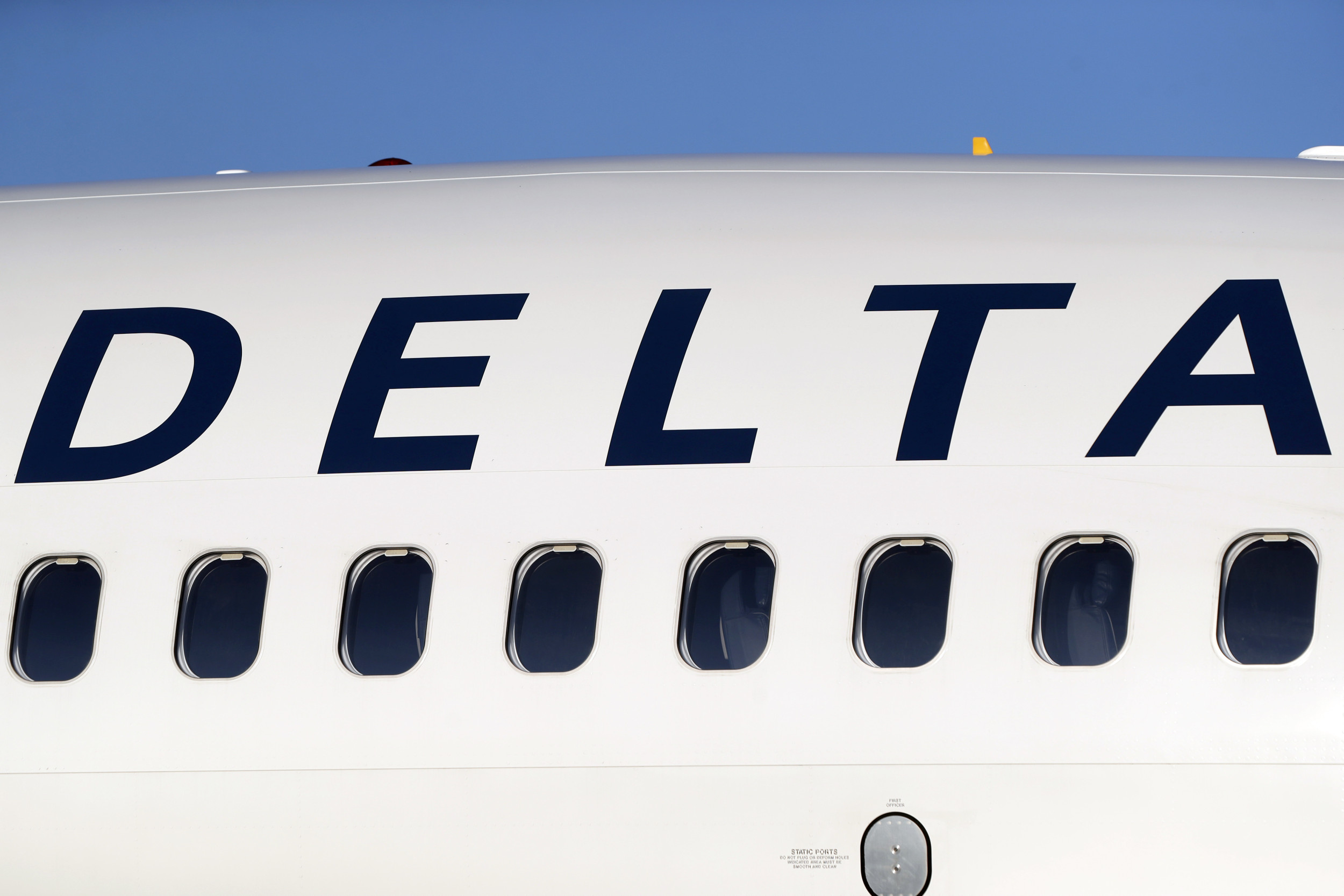

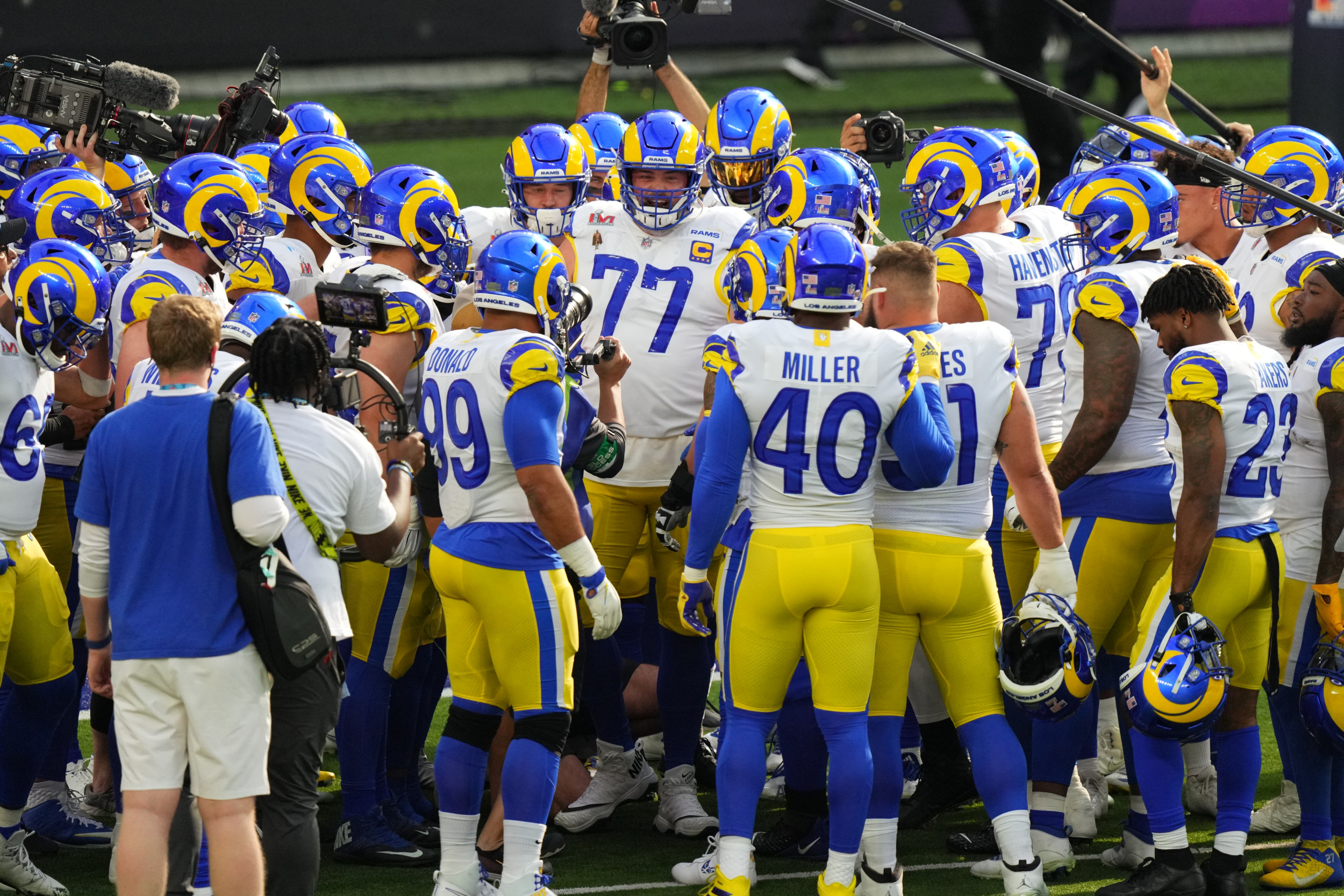










 English (US) ·
English (US) ·